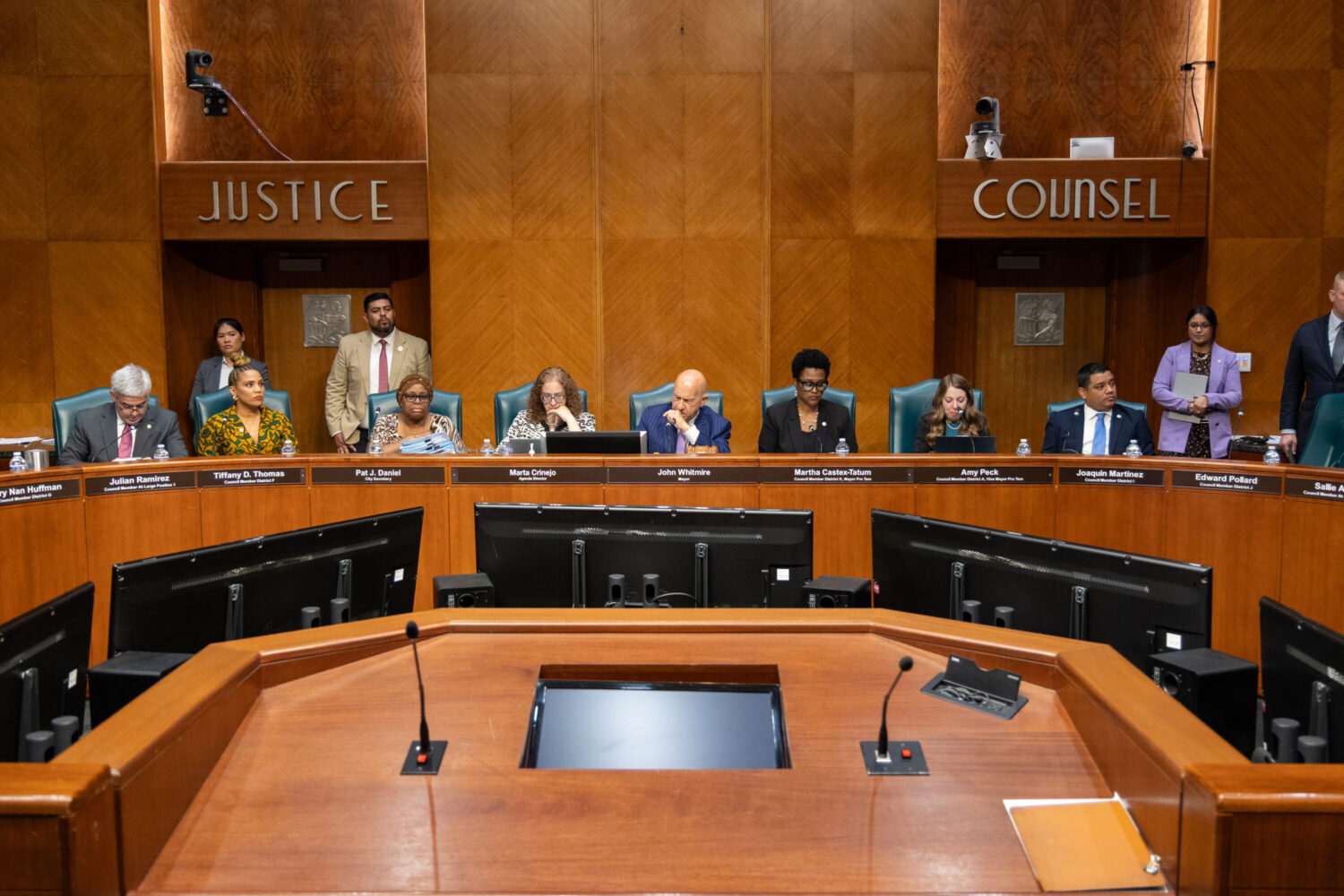Houston's Minority Business Program at Crossroads: Legal Battle Sparks Potential Overhaul

In a proactive move to address potential inequities, city officials are reconsidering their current business contracting policies. The proposed changes stem from a comprehensive study that revealed nuanced insights into municipal spending patterns. Surprisingly, the research found that Asian, Hispanic, and women-owned businesses do not face systematic barriers across all contract categories.
The city initiated this in-depth investigation as part of its ongoing efforts to ensure fair and equitable business opportunities. The study serves as a critical component of the city's defense in current legal proceedings challenging the existing contract allocation program. By conducting this thorough analysis, city leaders aim to provide transparent and data-driven justification for their contracting strategies.
These findings represent a significant step toward understanding the complex landscape of municipal procurement and business opportunities, potentially reshaping how the city approaches future contract allocations.
